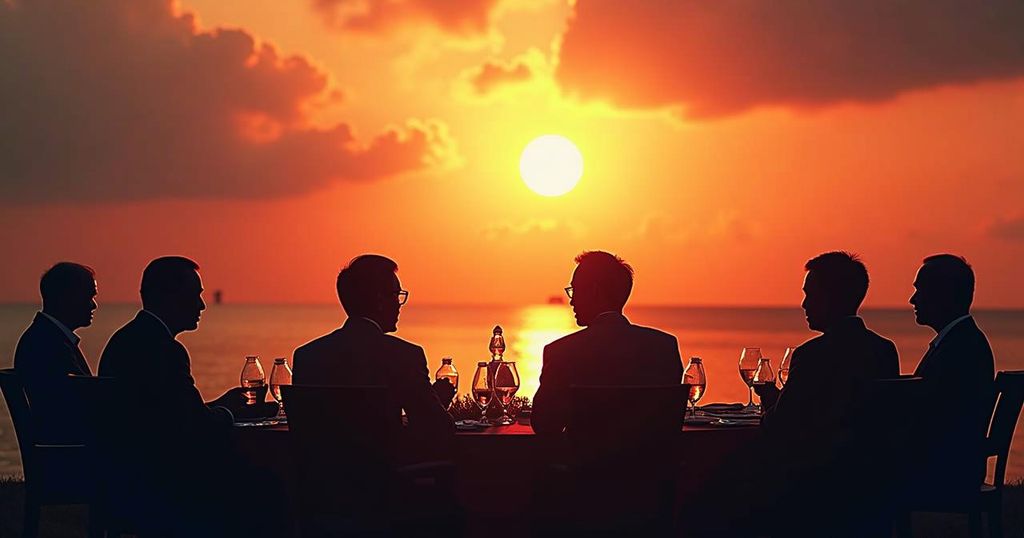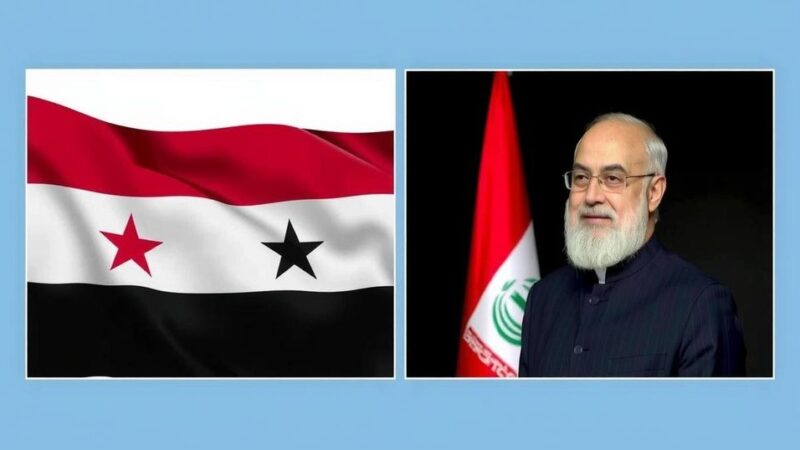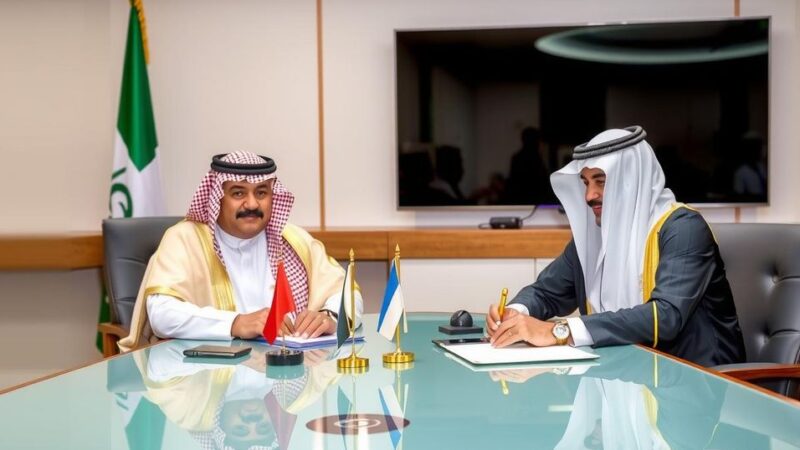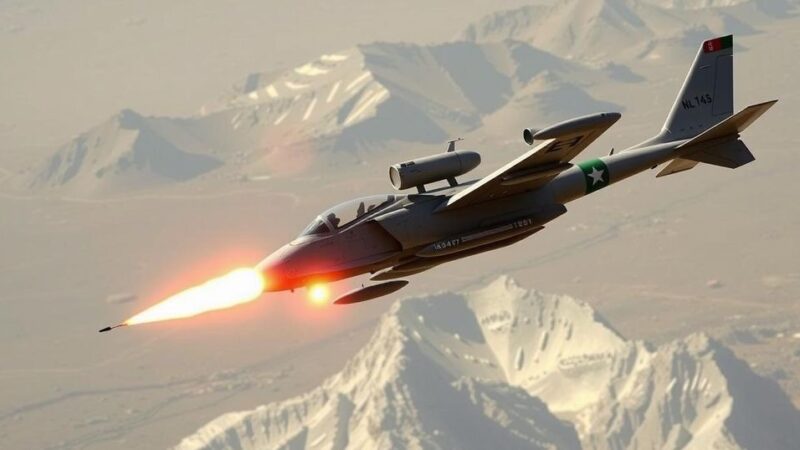Southeast Asian leaders convened in Laos for the ASEAN summit, focusing on the civil war in Myanmar and South China Sea tensions. The forum will involve discussions with global powers, highlighting deteriorating U.S.-China relations and the challenges of establishing a code of conduct in contested waters. Myanmar’s participation marks a notable shift, yet ASEAN’s credibility continues to be tested amid ongoing conflicts following the military coup.
Southeast Asian leaders convened on Wednesday in Vientiane, Laos, for the annual Association of Southeast Asian Nations (ASEAN) summit, with a focus on the ongoing civil war in Myanmar and escalating tensions in the South China Sea, which pose significant challenges to the bloc’s credibility. The forum will include discussions with global powers such as China, the United States, and Russia as they vie for influence in the region. Notably, discussions may also expand to address the rising conflicts in the Middle East, despite Southeast Asia experiencing only indirect repercussions from such developments. Historically, ASEAN’s influence has been constrained, even among its own members. Nevertheless, it serves as an essential platform for engaging with major global powers. The ten-member states—Indonesia, Thailand, Singapore, the Philippines, Vietnam, Malaysia, Myanmar, Cambodia, Brunei, and Laos—will also meet with dialogue partners including Japan, South Korea, India, and Australia to discuss various matters, including economic cooperation and climate change. In his opening remarks, Lao Prime Minister Sonexay Siphandone welcomed new leaders, emphasizing the importance of collaboration within ASEAN. The summit showcases the youngest leader of the bloc, Thailand’s Prime Minister Paetongtarn Shinawatra, at the age of 38, and Singapore’s new Prime Minister Lawrence Wong, who succeeded Lee Hsien Loong after two decades. As Indonesia’s President Joko Widodo is absent, Vice President Ma’ruf Amin represents the nation. During the summit, U.S. Secretary of State Antony Blinken will attend in President Joe Biden’s stead, with China represented by Premier Li Qiang. A significant agenda item includes discussing aggravating U.S.-China relations, particularly in light of China’s actions in the South China Sea, where several ASEAN members, along with Taiwan, contest claims against China. The ongoing negotiations for a conduct code in the South China Sea remain stagnant, primarily due to differing views on whether such a treaty should be binding. This year has seen numerous incidents, including clashes between Chinese and Philippine vessels, and Vietnam’s assertion that its fishermen were assaulted by Chinese forces in contested waters. The Philippines has criticized other ASEAN members for their lack of action in garnering a more assertive stance against China’s aggression. Furthermore, Blinken is anticipated to push ASEAN to maintain pressure on Myanmar’s military leaders, given the stagnation of the bloc’s peace plan regarding cease-fires and mediation efforts. The U.S. expresses concerns regarding an anticipated election in Myanmar next year, fearing it will exacerbate violence instead of fostering peace. Blinken noted, “Elections should not take place prior to genuine peace and reconciliation, and we’ll continue to make that position clear.” Myanmar’s ongoing civil unrest has severely challenged ASEAN’s credibility since the army’s coup that ousted the elected government in 2021, leading to intensified conflict with pro-democracy factions. Thailand plans to host an informal consultation on Myanmar in December, although attendance from Myanmar remains uncertain. The inclusion of Myanmar Foreign Ministry official Aung Kyaw Moe in the summit marks a significant development, as it represents the first high-level representation from Myanmar in three years, highlighting ongoing fatigue at ASEAN regarding the crisis.
The article discusses the annual ASEAN summit taking place in Laos, focusing on pressing issues such as the civil war in Myanmar and territorial disputes in the South China Sea. It highlights the regional and international significance of these discussions, the dynamics of leadership changes within member states, and the involvement of major global powers. Specifically, it addresses the stagnation in resolving conflicts and the establishment of a conduct code in the South China Sea, alongside the challenges faced by ASEAN in maintaining unity in response to Myanmar’s internal struggles since its military coup in 2021.
The ASEAN summit in Laos signifies a critical juncture for Southeast Asian leaders addressing the ongoing conflict in Myanmar and disputes in the South China Sea. The involvement of major powers adds weight to the discussions, underscoring the geopolitical tensions in the region. Despite the challenges, including ASEAN’s diminished influence, the meeting presents an opportunity for member states to work collaboratively towards constructive solutions. However, notable skepticism remains regarding the potential for substantial achievements, particularly concerning Myanmar’s political crisis.
Original Source: kdhnews.com







